Why Nations Fail: The Origins of Power, Prosperity, and Poverty
By Daron Acemoglu
Category
EconomicsRecommended by
"Why Nations Fail" by Daron Acemoglu investigates the root causes behind the divergent economic and political trajectories of nations. Through an in-depth analysis, Acemoglu argues that institutions play a crucial role in determining a country's success or failure.
The book delves into the idea that inclusive institutions, which provide a level playing field for all individuals to pursue economic opportunities, promote innovation, and ensure sustainable growth. In contrast, extractive institutions concentrate power and wealth in the hands of a few, hindering development and perpetuating poverty.
Acemoglu and his co-author James A. Robinson examine various historical case studies, spanning from ancient Rome to contemporary China, to illustrate the impact of different institutional frameworks. They highlight how extractive institutions stifle individual potential, engender corruption, and create a cycle of poverty.
The authors also discuss the role of politics and the influence of power struggles in shaping institutions. They argue that the establishment of inclusive institutions requires a collective effort from society, advocating for an engaged citizenry to challenge extractive regimes and demand change.
Through a combination of historical analysis and economic theory, "Why Nations Fail" presents compelling evidence that inclusive institutions are the key to fostering economic prosperity and reducing inequality. Acemoglu's rigorous research makes a persuasive case for policymakers, economists, and anyone interested in understanding the factors driving differing national outcomes.
In conclusion, "Why Nations Fail" provides a comprehensive exploration of the profound impact institutions have on the success or failure of nations. It challenges conventional wisdom and provides a thought-provoking framework for understanding the complex dynamics of economic development and political power.
The book delves into the idea that inclusive institutions, which provide a level playing field for all individuals to pursue economic opportunities, promote innovation, and ensure sustainable growth. In contrast, extractive institutions concentrate power and wealth in the hands of a few, hindering development and perpetuating poverty.
Acemoglu and his co-author James A. Robinson examine various historical case studies, spanning from ancient Rome to contemporary China, to illustrate the impact of different institutional frameworks. They highlight how extractive institutions stifle individual potential, engender corruption, and create a cycle of poverty.
The authors also discuss the role of politics and the influence of power struggles in shaping institutions. They argue that the establishment of inclusive institutions requires a collective effort from society, advocating for an engaged citizenry to challenge extractive regimes and demand change.
Through a combination of historical analysis and economic theory, "Why Nations Fail" presents compelling evidence that inclusive institutions are the key to fostering economic prosperity and reducing inequality. Acemoglu's rigorous research makes a persuasive case for policymakers, economists, and anyone interested in understanding the factors driving differing national outcomes.
In conclusion, "Why Nations Fail" provides a comprehensive exploration of the profound impact institutions have on the success or failure of nations. It challenges conventional wisdom and provides a thought-provoking framework for understanding the complex dynamics of economic development and political power.
Share This Book 📚
More Books in Economics
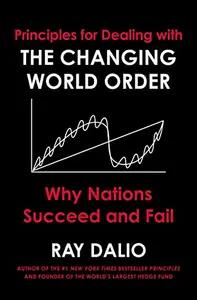
Principles for Dealing With The Changing World Order
Ray Dalio
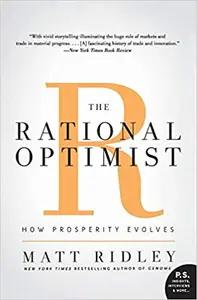
The Rational Optimist
Matt Ridley

The Bitcoin Standard
Saifedean Ammous
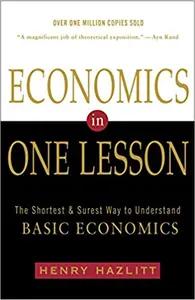
Economics in One Lesson
Henry Hazlitt
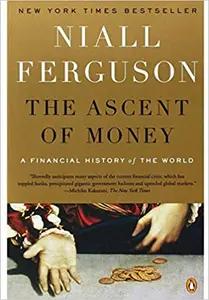
The Ascent of Money
Niall Ferguson

Enlightenment Now
Steven Pinker
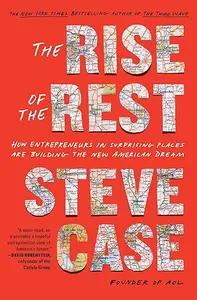
The Rise of the Rest
Steve Case

The Road to Serfdom
F.A. Hayek
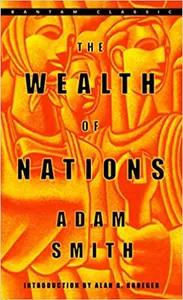
The Wealth of Nations
Adam Smith
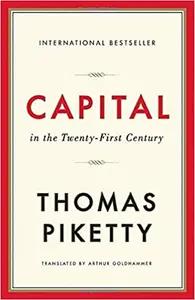
Capital In The 21st Century
Thomas Piketty

Check Your Financial Privilege
Alex Gladstein
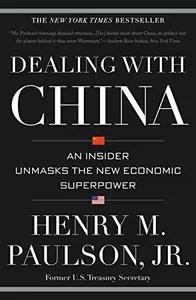
Dealing with China
Henry Paulson

Debt
David Graeber

Human Action
Ludwig Von Mises
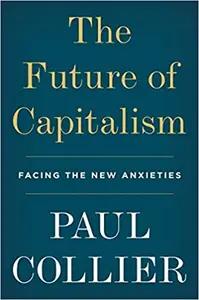
The Future of Capitalism
Paul Collier

The Prize
Daniel Yergin
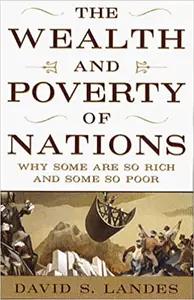
The Wealth and Poverty of Nations
David Landes

Thinking In Systems
Donella H. Meadows
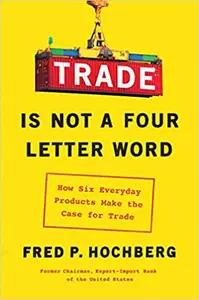
Trade Is Not A Four Letter Word
Fred Hochberg
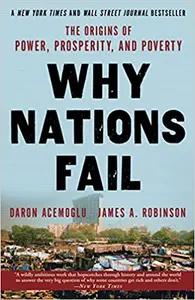
Why Nations Fail
Daron Acemoglu
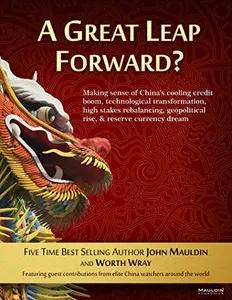
A Great Leap Forward?
John Mauldin & Worth Wray

A Guide To Econometrics
Peter E. Kennedy
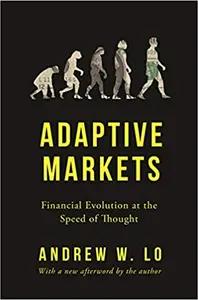
Adaptive Markets
Andrew Lo

Age Of Ambition
Evan Osnos

An Apology for the Builder
Nicholas Barbon
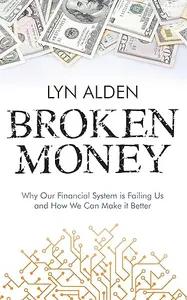
Broken Money
Lyn Alden
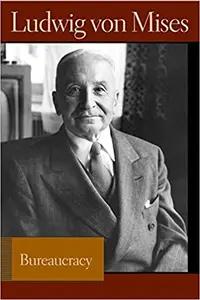
Bureaucracy
Ludwig Von Mises

Capitalism Without Capital
Jonathan Haskel & Stian Westlake

Central Banking 101
Joseph Wang
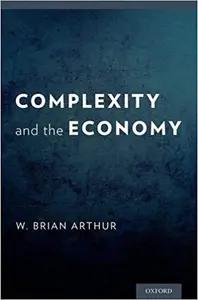
Complexity and the Economy
W. Brian Arthur
Popular Books Recommended by Great Minds 📚

Who We Are and How We Got Here
David Reich
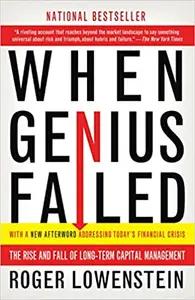
When Genius Failed
Roger Lowenstein

Mindset
Carol Dweck

How to Change Your Mind
Michael Pollan
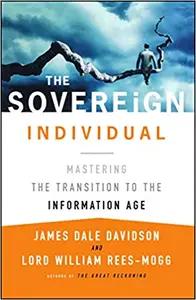
The Sovereign Individual
James Dale Davidson & William Rees-Mogg

Bad Blood
John Carreyrou
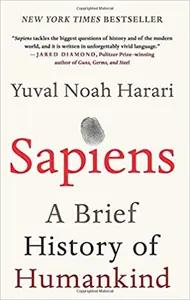
Sapiens
Yuval Noah Harari
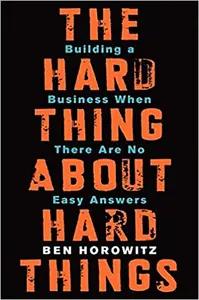
The Hard Thing About Hard Things
Ben Horowitz

Range
David Epstein

Becoming Steve Jobs
Brent Schlender

Thinking In Bets
Annie Duke

Shoe Dog
Phil Knight
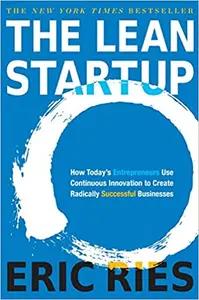
The Lean Startup
Eric Reis

The Autobiography of Benjamin Franklin
Benjamin Franklin

Lying
Sam Harris

The Innovators Dilemma
Clayton Christensen
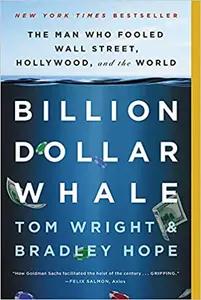
Billion Dollar Whale
Tom Wright
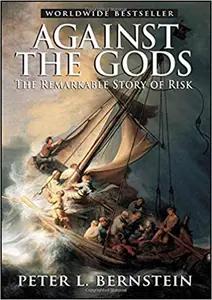
Against The Gods
Peter Bernstein

Surely You're Joking Mr. Feynman
Richard Feynman

The Courage To Be Disliked
Ichiro Kishimi
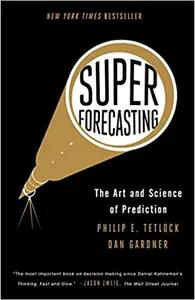
Superforecasting
Philip Tetlock

Poor Charlie's Almanack
Charlie Munger
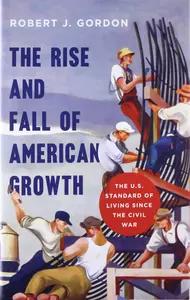
The Rise And Fall Of American Growth
Robert J. Gordon

The True Believer
Eric Hoffer

Einstein
Walter Isaacson
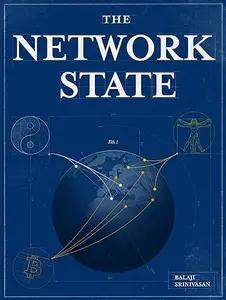
The Network State
Balaji Srinivasan

When Breath Becomes Air
Paul Kalanithi

The Prince
Nicolo Machiavelli

Principles for Dealing With The Changing World Order
Ray Dalio
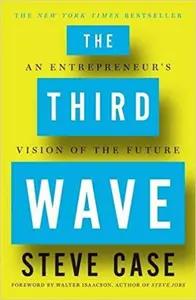
The Third Wave
Steve Case